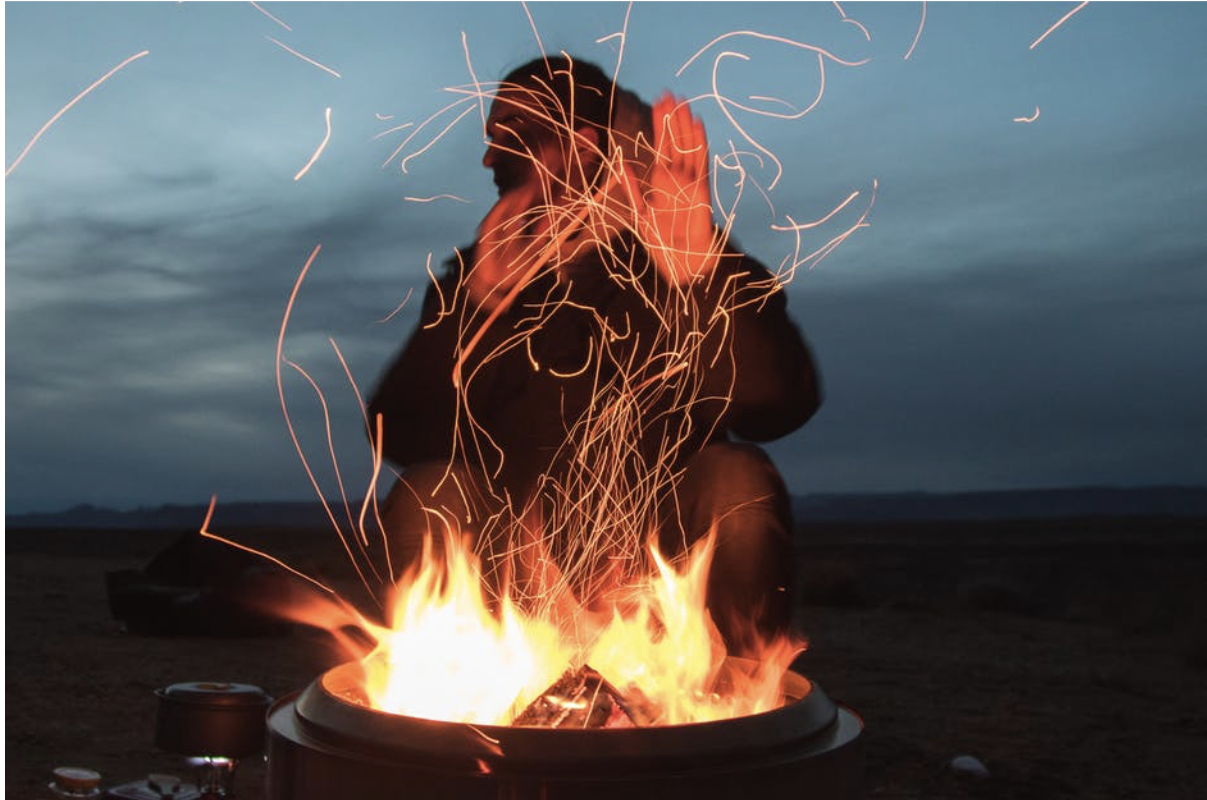7 Things Every Camper Needs for a Safe and Enjoyable Trip
Camping offers an incredible opportunity to reconnect with nature, unwind, and enjoy some time away from the hustle and bustle of daily life. However, to ensure your trip is both safe and enjoyable, it's crucial to be prepared. Whether you're a seasoned camper or just starting, having the right gear can make all the difference. In this post, we’ll cover the seven essential items every camper needs to have a successful outdoor adventure.
Relaxing with a Hammock
A hammock is an excellent addition to any camping gear, offering a comfortable and relaxing way to enjoy the outdoors. Lightweight and easy to set up between two trees, a hammock provides the perfect spot to unwind after a long hike or simply take in the beauty of your surroundings. For eco-conscious campers, choosing a hammock from 100% recycled materials is a great way to reduce your environmental impact without sacrificing comfort or durability. Whether you’re reading a book, taking a nap, or stargazing, a hammock offers a cozy, elevated space that enhances your camping experience. Plus, it packs down small, making it a convenient, space-saving option for any camping trip.
Quality Tent and Shelter
The cornerstone of any camping trip is reliable shelter. A high-quality tent that is durable, waterproof, and the right size for your group is a must-have. It protects from the elements, whether it’s rain, wind, or unexpected cold. When choosing a tent, consider the season, the number of people using it, and whether it offers enough ventilation. Some tents even come with extra features like pockets for gear storage or separate areas for sleeping and lounging. Remember to bring a tarp or ground cover to protect the tent’s bottom from moisture and damage.
Sleeping Bag and Sleeping Pad
A comfortable night’s sleep is essential to enjoy your camping trip, and that means investing in a good sleeping bag. Depending on the season and location, you’ll want a sleeping bag rated for the appropriate temperature range. For colder climates, choose a bag that offers insulation and warmth, while a lightweight bag may suffice for summer camping. Alongside the sleeping bag, a sleeping pad is just as important. It not only provides a cushion from the hard ground but also insulates your body from the cold earth. Inflatable pads, foam pads, and self-inflating mats are popular options.
First Aid Kit
Safety should always be a top priority while camping, and having a well-stocked first aid kit is non-negotiable. You never know when accidents or injuries might occur, so being prepared is key. Your kit should include essentials such as bandages, antiseptic wipes, tweezers, scissors, pain relievers, and any necessary prescription medications. If you're hiking or venturing far from your campsite, it’s a good idea to include items like an emergency blanket, a whistle, and basic survival gear. Be sure to customize your kit based on the specific risks of your camping environment, such as insect repellant for buggy areas or sunscreen for high-exposure spots.
Reliable Lighting
When the sun goes down, you’ll need reliable lighting to navigate your campsite and surrounding area. A headlamp is one of the best options because it keeps your hands free for other tasks. In addition to a headlamp, pack extra batteries or a portable solar charger. Lanterns or battery-powered string lights are also great for creating ambient light around your campsite, making it easier to cook, read, or relax in the evening. Avoid relying solely on your phone’s flashlight, as this can drain your battery quickly and leave you without a backup.
Food and Cooking Gear
No camping trip is complete without a plan for meals. While some may opt for ready-to-eat meals, preparing food at the campsite can be a rewarding experience. Pack a portable stove, fuel, and cooking utensils, along with pots, pans, and food storage containers. Don't forget matches or a lighter, as well as a small knife for meal prep. Non-perishable food items like canned goods, dried fruits, and granola are ideal for longer trips. For shorter trips, you might want to prepare fresh meals with ingredients that can be easily stored in a cooler. Be sure to practice Leave No Trace principles by disposing of food waste properly to avoid attracting wildlife.
Navigation Tools
Even in the age of smartphones, having traditional navigation tools like a map and compass is critical when camping in unfamiliar areas. Phones may run out of battery or lose signal, especially in remote locations. Learning to read a map and use a compass can save you from getting lost and ensure you stay on track during hikes or explorations. For those who prefer digital options, portable GPS devices designed for backcountry use are a great alternative. If you do rely on your phone for navigation, make sure you have a portable charger or a power bank to keep it charged throughout the trip.
Being well-prepared is the key to a safe and enjoyable camping experience. By packing these seven essential items—quality shelter, proper sleeping gear, a first aid kit, reliable lighting, water filtration, cooking equipment, and navigation tools—you’ll be ready for whatever nature throws your way. Whether you’re heading out for a weekend getaway or a week-long adventure, having the right gear ensures that you can fully enjoy the beauty of the great outdoors while staying safe and comfortable.










